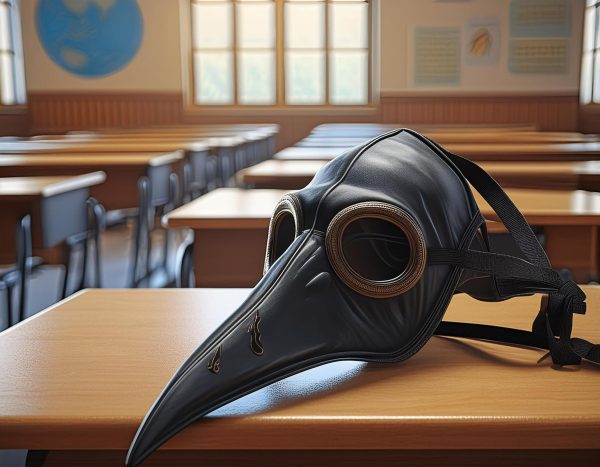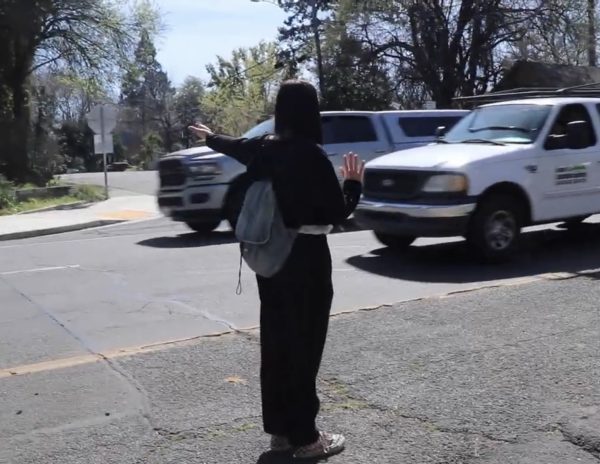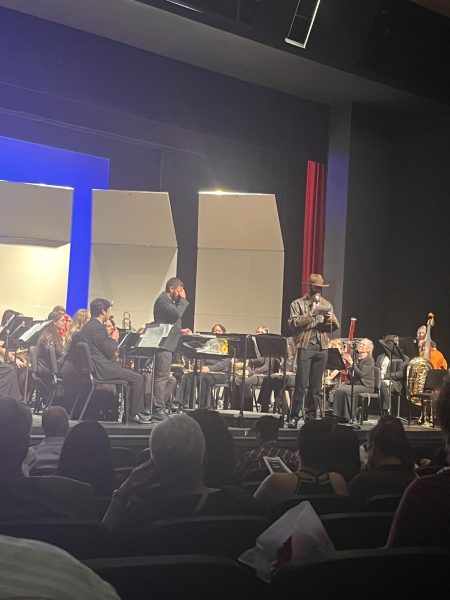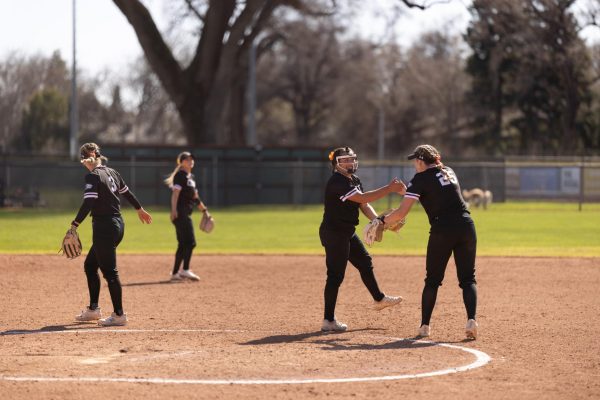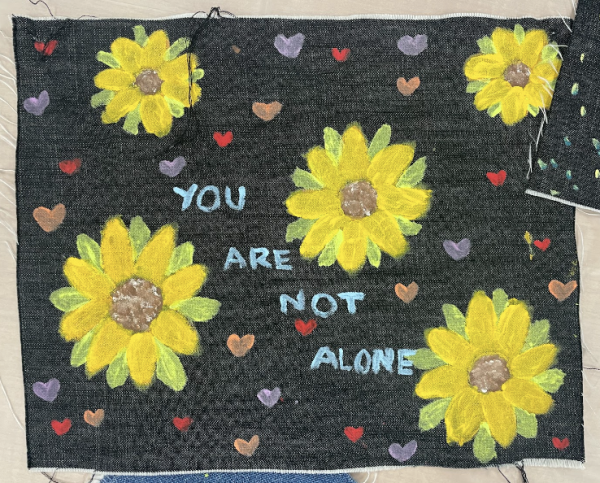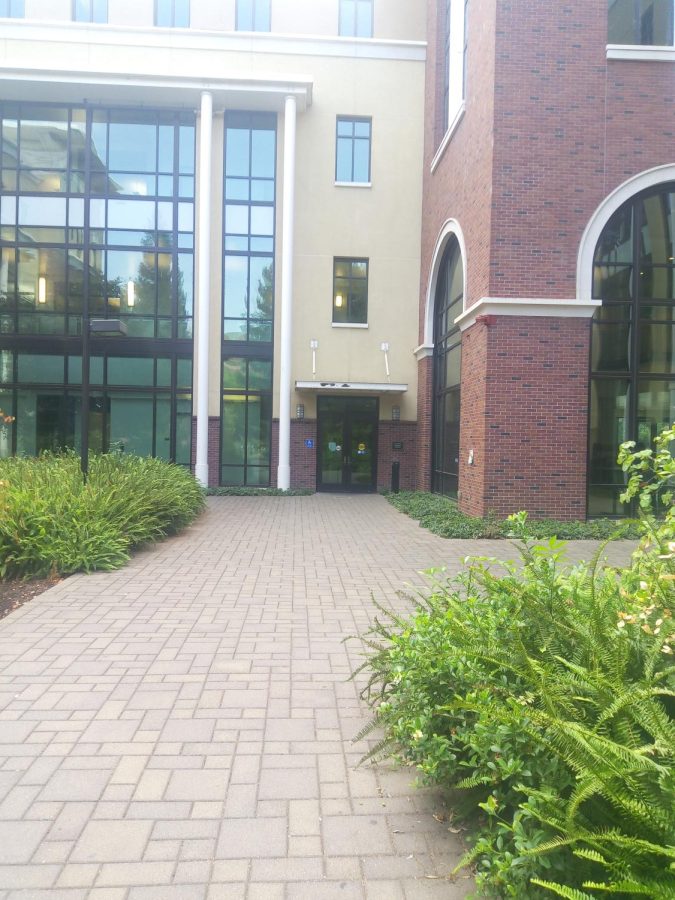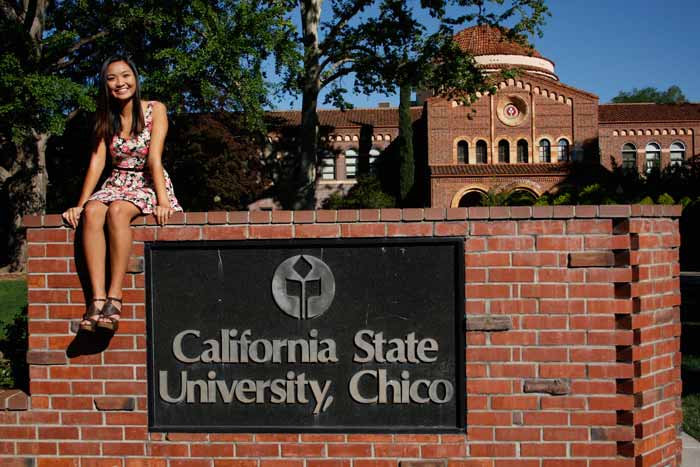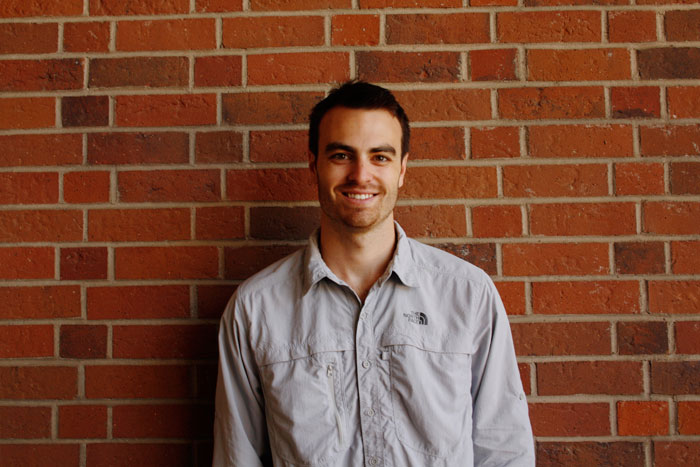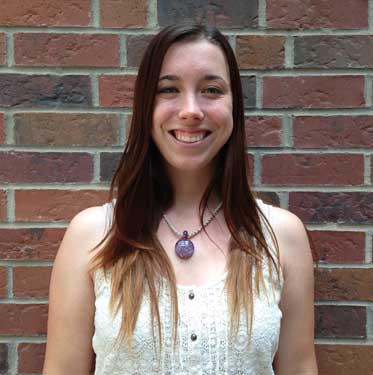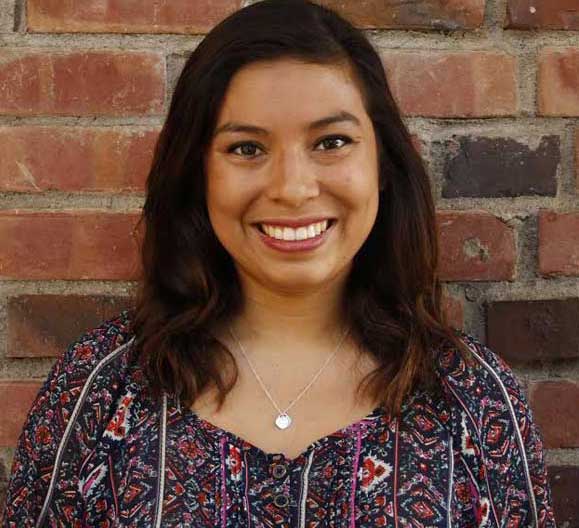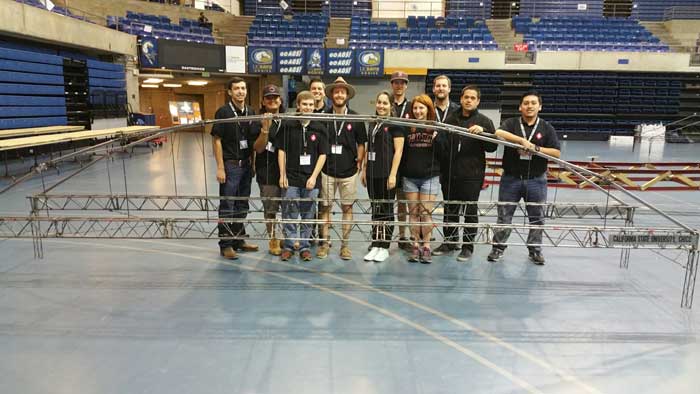Published 2012-11-21T22:31:00Z”/>
Paul Smeltzer
Wielding a red plastic bat, 7-year-old Jacob Pestana steps up to the plate and swings at a softball in hopes that one day he’ll play baseball alongside other children his age.
The Chico State Autism Clinic, a weekly program hosted by the kinesiology department, offers exercise in cognitive, communicative, motor and sensory skills to autistic children.
The 45 children currently enrolled are taught to play catch, run and ride bikes, along with other athletic basics that help them achieve individually tailored goals.
“The clinic serves children from age 3 to 15 in individual motor and sensory sessions,” coordinator Josie Cline said.
Blue crawl-through tubes and a rock climbing wall decorate the clinic to create a friendly environment.
“Kids with autism have lots of sensory concerns, and when they start playing we start infusing motor skills within their sensory behavior they are participating in,” Cline said.
Autism is a spectral disorder that affects one in every 88 children, Cline said. It’s characterized by three types of impairments: social, communication and stereotyped patterns and behaviors.
Playing T-ball helps Jacob develop his vestibular system, which controls balance, spatial orientation and reflex.
Since joining the program more than three years ago, Jacob and his 5-year-old sister Emma have improved by “leaps and bounds since coming here,” their mother Jessica Pestana said.
For calming sessions, the clinic has a dark room with a water tank illuminated by a color-changing light. After screaming at the top of his lungs, Jacob is able to calm down by walking inside the room to a hodgepodge of bubbles and plastic fish.
Meanwhile, a Chico State intern takes note of whether Jacob is using motor or sensory skills and if the activity was his choice or Cline’s.
“We try to get them into the optimal zone where they’re most comfortable,” Cline said. “Kids with autism are either too stimulated or their system is super under-aroused and we’re trying to wake them up.”
Getting them into the optimal zone for learning is the whole point of the clinic, Cline said.
“You’ll see them go out and learn to ride a bike,” Cline said.
When an 8-year-old boy with Asperger’s syndrome started coming to the clinic and mentioned he wanted to play golf like his dad, he was taught how to play the game.
“He had zero-tolerance for losing, everything bothered him and his motor skills were horrible,” Cline said. “A lot of these kids are just so down on themselves.”
But as the clinicians worked with him on Yolo Field’s putting course, he started to relax and put less pressure on himself, Cline said. He eventually graduated from the program and now plays golf for the Oroville High School team.
As the fastest growing disability, autism should be more widely known, Cline said. These children don’t engage well with others but are given a chance to have fun while achieving goals in Chico State’s clinic.
<hr />
<strong>Paul Smeltzer can be reached at</strong> <a href=”mailto:[email protected]”><em>[email protected]</em></a>
